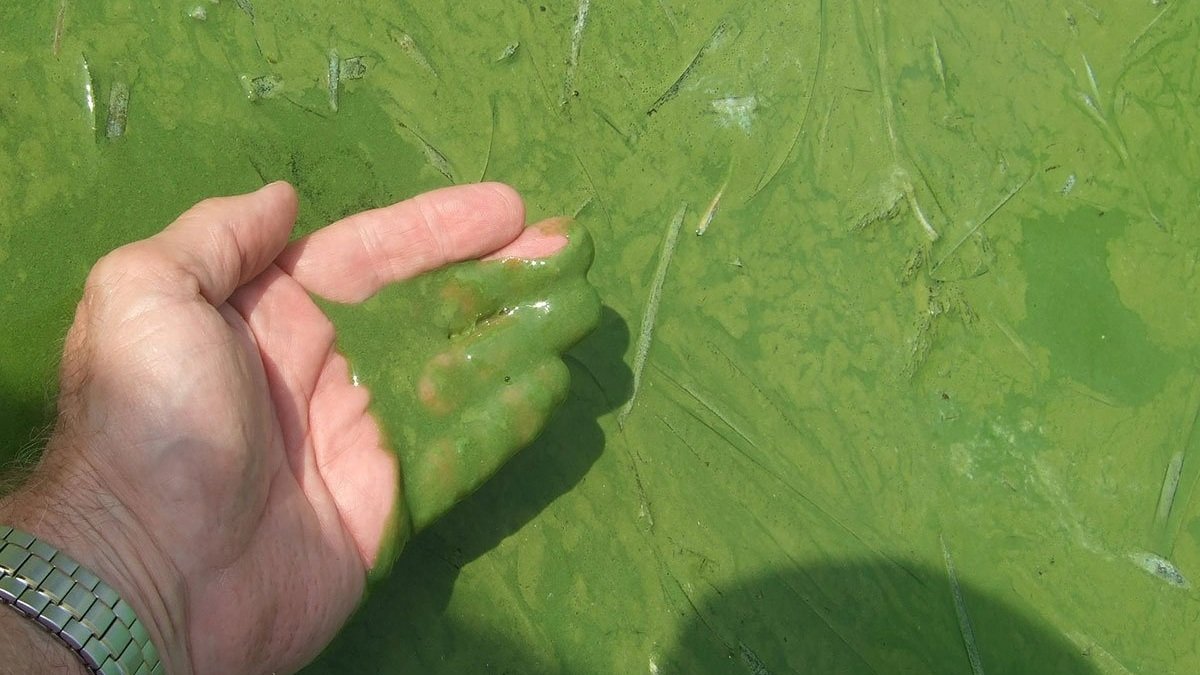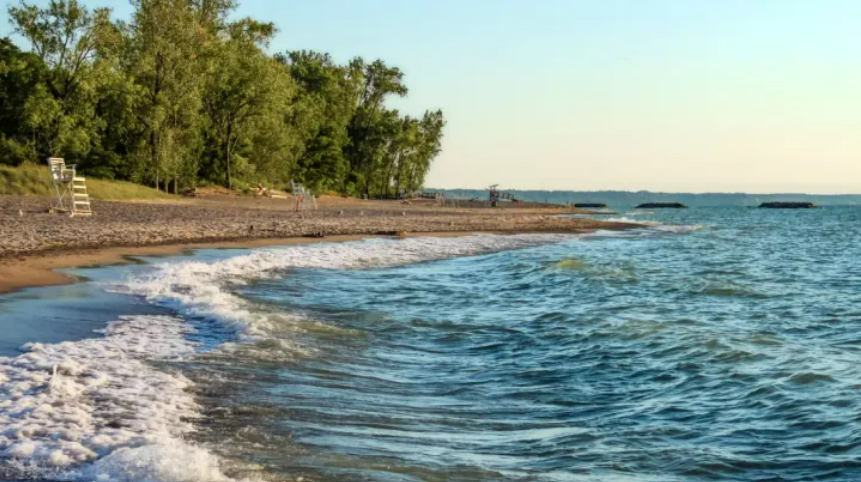This article has been adapted from its original version titled “Great Lakes Freshwater, Commoning, and Democracy in a Changing Climate” | UNU-CRIS.
by Cameron Fioret, Ph.D.
The climate crisis and the recession of democracy are two huge entangled current issues that contribute to problems regarding freshwater access. Obtaining clean freshwater is fundamental to community health, and this access is facilitated by regulations from governments, agencies and institutions. Unfortunately, freshwater access is limited by several factors, like climate, geography, resources, and (prominently) political priorities, making it a complex and multifaceted issue resulting in this kind of “patchwork” governance.
“The Earth’s temperature is guaranteed to increase by at least 1.5 degrees celsius over the next 20 years. As a result, humanity will face severe water scarcity. ”
As climate change worsens, it presents new challenges for these practices. According to the Sixth Assessment Report of the Intergovernmental Panel on Climate Change (IPCC), the Earth’s temperature is guaranteed to increase by at least 1.5 degrees Celsius over the next 20 years. As a result, humanity will face severe water scarcity. Water use has grown twice as fast as the global human population over the last 100 years, and an increasing number of regions around the world are facing, or will face, water scarcity.
Four billion people already face it at least one month out of the year.
To deal with these challenges and ensure equitable access to clean freshwater, policymakers at multiple scales must think of ways to manage and share these resources. The difficulty is that it creates the potential for conflicting demands on water governance, as a balance will have to be struck between (1) the interests of institutions and (2) the communities that depend on these resources, in a mutually beneficial and sustainable way.
This tension is particularly noticeable in the Great Lakes region—the largest freshwater system on Earth which makes up about one fifth of the world’s water supply. Long-standing governance arrangements between the federal governments of the United States and Canada, as well as State, Provincial, and municipal governments have allowed for shared management, to the benefit of the lakes. One such example of shared management, and perhaps the most important one, is the 1972 Great Lakes Water Quality Agreement (GLWQA)—which turned 50 this year—was signed “for the purpose of restoring, protecting and enhancing the Great Lakes and the Great Lakes basin” in the wake of extreme pollution in Lake Erie. By the end of the 1960s, Lake Erie was dubbed a “dead lake” by journalists as it became saturated with algae, filled with dead fish, and even caught fire; fortunately, the collaborative effort resulting from the GLWQA saw the significant reduction of phosphorus (responsible for algae blooms) in the following decades, underlining the importance of binational cooperation.
“By the end of the 1960s, Lake Erie was dubbed a “dead lake” by journalists as it became saturated with algae, filled with dead fish, and even caught fire; fortunately, the collaborative effort resulting from the GLWQA saw the significant reduction of phosphorus (responsible for algae blooms) in the following decades, underlining the importance of binational cooperation.”
Still, there is a growing demand for deeper local discussion and engagement on freshwater issues, as well as community and equity centered approaches to water governance in the region. For example, Caitlin Joseph and Kimberley Thomas, wary of current and continuing ecological degradation in these lakes, such as toxic blooms of cyanobacteria, call for a decolonized approach in protecting the Great Lakes.
The Great Lakes region is the largest freshwater system on Earth which makes up about one fifth of the world’s water supply.
Image credit: How Stuff Works
In consideration of these demands, policy leaders in the US and Canada must identify these democratic tensions in transboundary watershed management (the democratic management of freshwater) and ask how concepts and innovative practices of democracy—such as centering decisions on freshwater ownership issues (like commodification) in communities, or granting “personhood” to water bodies in cases across the world—might develop new water governance structures that increase equity, recognition, participation, and the political voice of local communities.
In this process, experts might ask: What are the democratic ethics and tensions in transboundary watershed governance in the Great Lakes? How does citizen participation play a role in this framework? And how can domestic and international organisations and agreements, such as the International Joint Commission (IJC) and the Great Lakes Compact which established the Great Lakes Commission (GLC), better use democratic participation to support water equity and justice at the U.S-Canada border?
Answering these questions requires a lens on policy and governance that could leverage and transform existing organisations like the IJC, compacts like the GLC, and the proposed Canada Water Agency for more effective, deliberative, and encompassing democratic water governance. The Great Lakes region is a useful case for critically examining these questions related to transnational water governance because such organisations, compacts, and agencies are rooted in existing water governance frameworks and pluralistic value systems. However, governance of Great Lakes water has, at times, proven undemocratic and dominative, as evidenced in water shutoffs for citizens in Detroit and Chicago unable to pay for water, as well as long-standing drinking water advisories in the Chippewas of Nawash First Nation, Mohawks of the Bay of Quinte, and the Oneida Nation of the Thames.
Politicians, policymakers, and the public alike must be alert to institutional inertia to see where they fall short in democratic principles and mechanisms. Though, we can all, also, look at how freshwater governance may support democracy, in strengthening our collective voice and binding communities to each other as well as the non-human natural world.
The state of Michigan granted permission to Nestlé Waters North America in 2018 to pump even more water from a groundwater well it’s already using within the Great Lakes basin, over fierce public objection.
Image credit: Kate Ter Haar/ Urban Milwaukee






